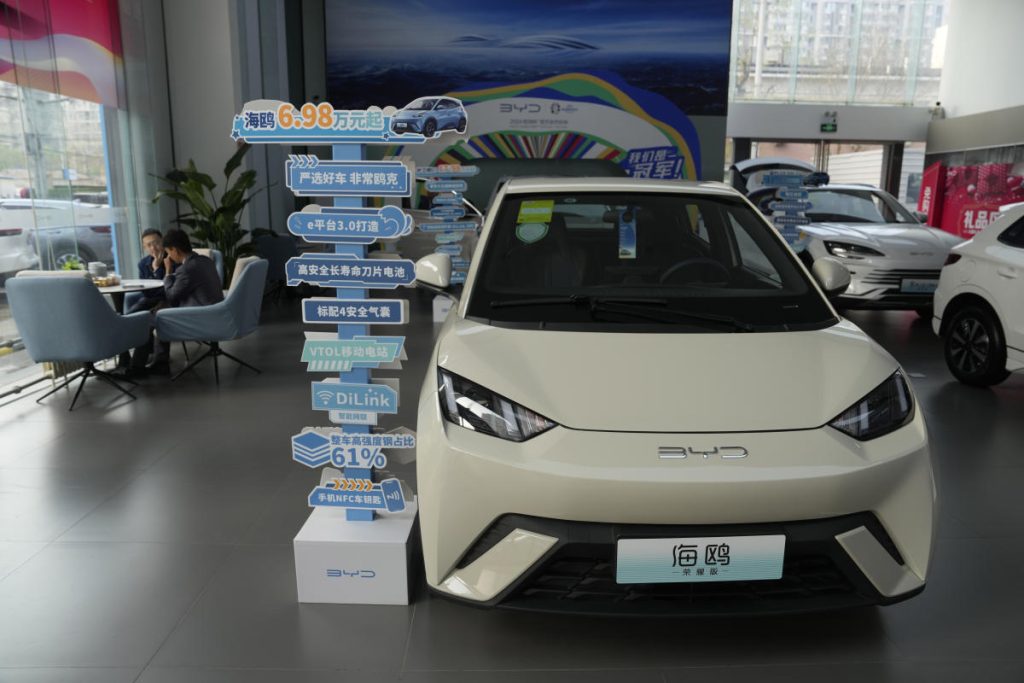The emergence of low-priced electric vehicles (EVs) from China, such as the Seagull from BYD, is causing concern among American automakers and politicians. Priced at around $12,000 in China, the Seagull competes with U.S. EVs that cost three times as much, prompting fears of disruption in the global auto industry similar to the impact Japanese automakers had in the 1970s oil crises. Although tariffs on imported Chinese vehicles currently prevent the Seagull from entering the U.S., its competitiveness poses a significant threat.
The Biden administration is expected to announce 100% tariffs on electric vehicles imported from China, citing concerns about job security and national security. Chinese EVs, which are often government-subsidized, are seen as a potential risk to the U.S. auto sector. With other companies like Tesla acknowledging the quality and competitiveness of Chinese EVs, the need for U.S. manufacturers to adapt and innovate is becoming increasingly urgent.
Caresoft Global, a company near Detroit, dismantled and reassembled a Seagull shipped from China to assess its design and manufacturing. The company’s president, Terry Woychowski, noted that the U.S. auto industry lags behind China in producing affordable EVs, raising questions about its ability to compete. BYD’s cost-efficient approach to manufacturing, utilizing battery-making expertise and producing parts in-house, highlights the need for U.S. automakers to rethink their design and engineering practices.
BYD’s emphasis on efficiency and cost-saving measures, such as using lithium iron phosphate batteries and designing vehicles with simplicity in mind, enables them to offer the Seagull at a lower price point. While American automakers may have higher labor costs and less experience in producing low-cost batteries, Woychowski suggests that a shift towards more efficient design practices is necessary to remain competitive. As Chinese EVs gain market share globally, U.S. manufacturers are being forced to reconsider their strategies.
Despite concerns about safety standards and crash test requirements in the U.S., BYD has the potential to modify their vehicles to meet regulatory expectations. The Seagull, equipped with features like airbags and electronic stability control, is designed to offer a quality driving experience at an affordable price point. While U.S. safety standards may add to the cost of importing the Seagull, BYD is exploring options for entering the U.S. market in the future.
With Ford CEO Jim Farley acknowledging the threat posed by Chinese EV manufacturers and the rapid growth of BYD in Europe, there is a recognition within the industry of the need to adapt and respond. Ford is working on developing new, cost-effective EV models to compete with Chinese offerings in the global market. As Chinese EVs become more competitive and potentially expand into the U.S., the traditional dominance of American automakers is being challenged, prompting a reevaluation of strategies and priorities within the industry.


